
- Book extract
- Book extract
You know the drill
Richard Barnett opens wide the true meaning of a healthy mouth.

- Article
- Article
Confusion, guilt, and the battle to breastfeed
Most new mums are told that breast is best. But breastfeeding doesn’t always come as easily or naturally as you might imagine.

- Article
- Article
Sick of the theatre
What makes the stage a good place to share real-life experiences of ill health?

- Article
- Article
Chemical highs and psychedelic research
Could recreational drugs make you happy? Kate Wilkinson explores why keen clubber Simon believes taking psychedelics has helped him develop as a person.
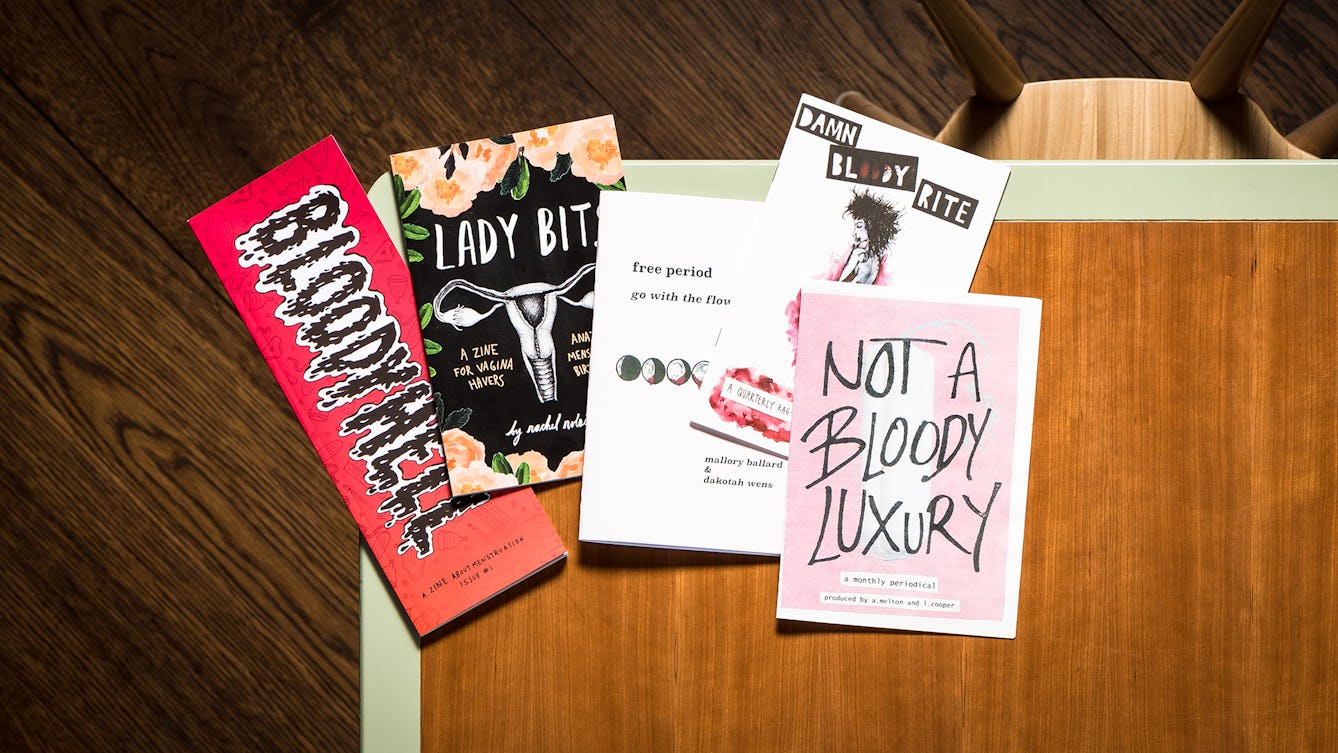
- Article
- Article
Rag mags and monthly issues: Five period zines to stop you seeing red
Using humour, personal experience and political activism to explore the bloody reality of menstruation.

- Article
- Article
The mystery of the malignant brain
In 1884 a neurologist successfully used a patient’s symptoms, plus a new kind of map, to locate a brain tumour. Discover how his best-laid plans for treatment worked out.
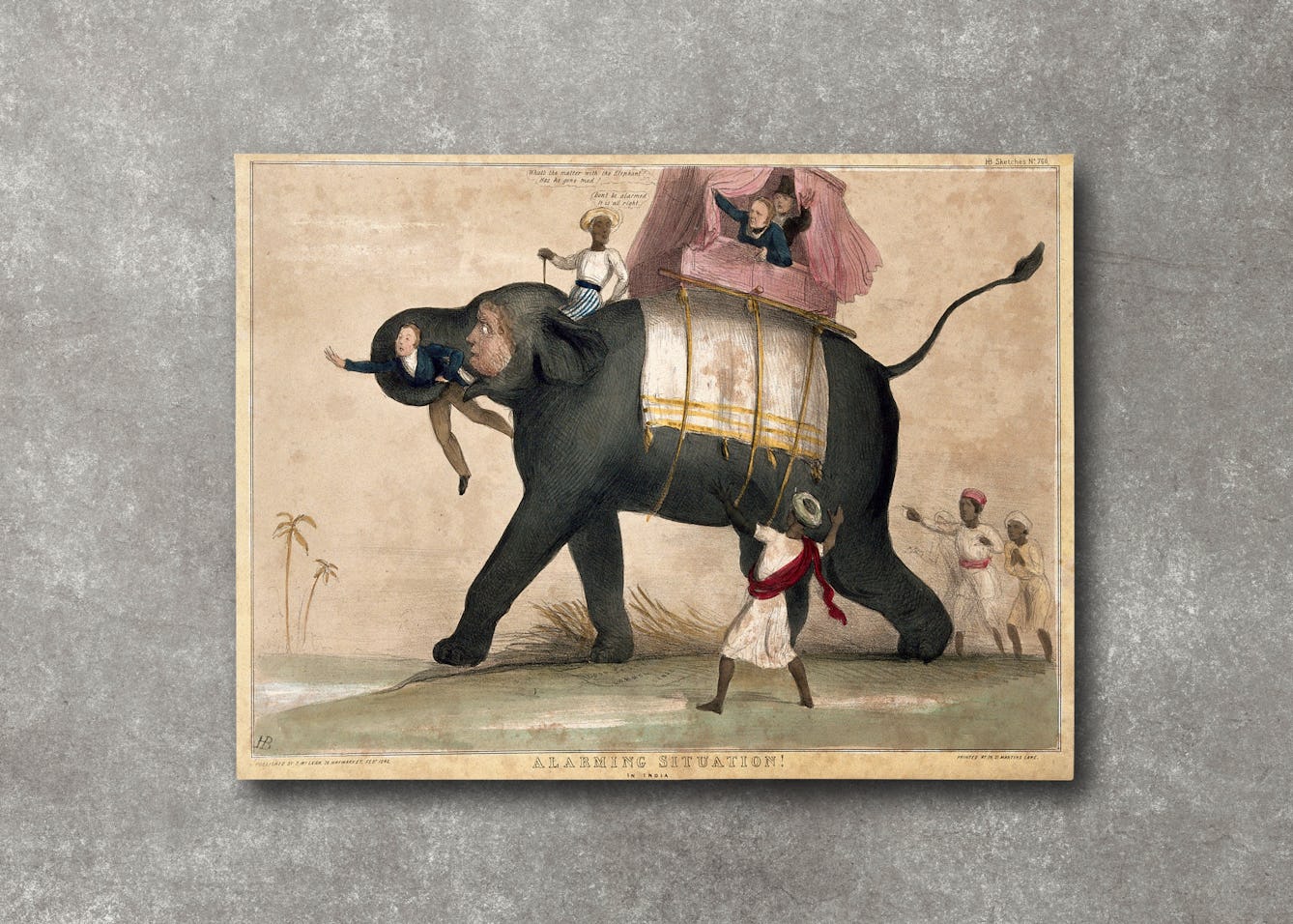
- Article
- Article
Aphasia and drawing elephants
When Thomas Parkinson investigated the history of “speech science”, he discovered an unexpected link between empire, elephants and aphasia.

- Article
- Article
How tuberculosis became a test case for eugenic theory
A 19th-century collaboration that failed to prove how facial features could indicate the diseases people were most likely to suffer from became a significant stepping stone in the new ‘science’ of eugenics.

- Article
- Article
Shakespeare and the four humours
Blood. Phlegm. Black bile. Yellow bile. The theory of the four humours informed many of Shakespeare's best-known characters, including the phlegmatic Falstaff.
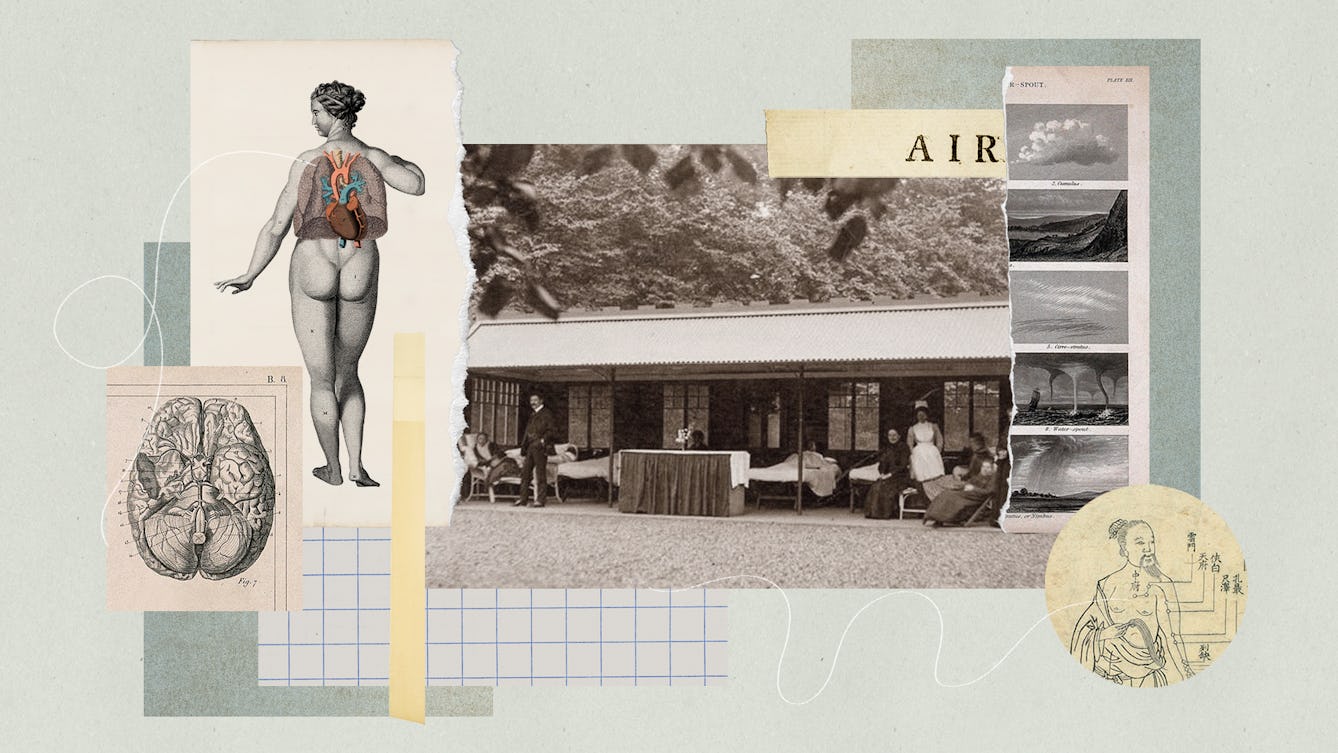
- Long read
- Long read
The ambivalence of air
Daisy Lafarge investigates the effects of air quality and pressure on body and mind, exploring air as cure, but one with contradictions.

- Article
- Article
Can isolation lead to manipulation?
Military-funded researchers wanted to know if isolation techniques could facilitate brainwashing. One neuroscientist suggested that it might improve our own control over our minds.
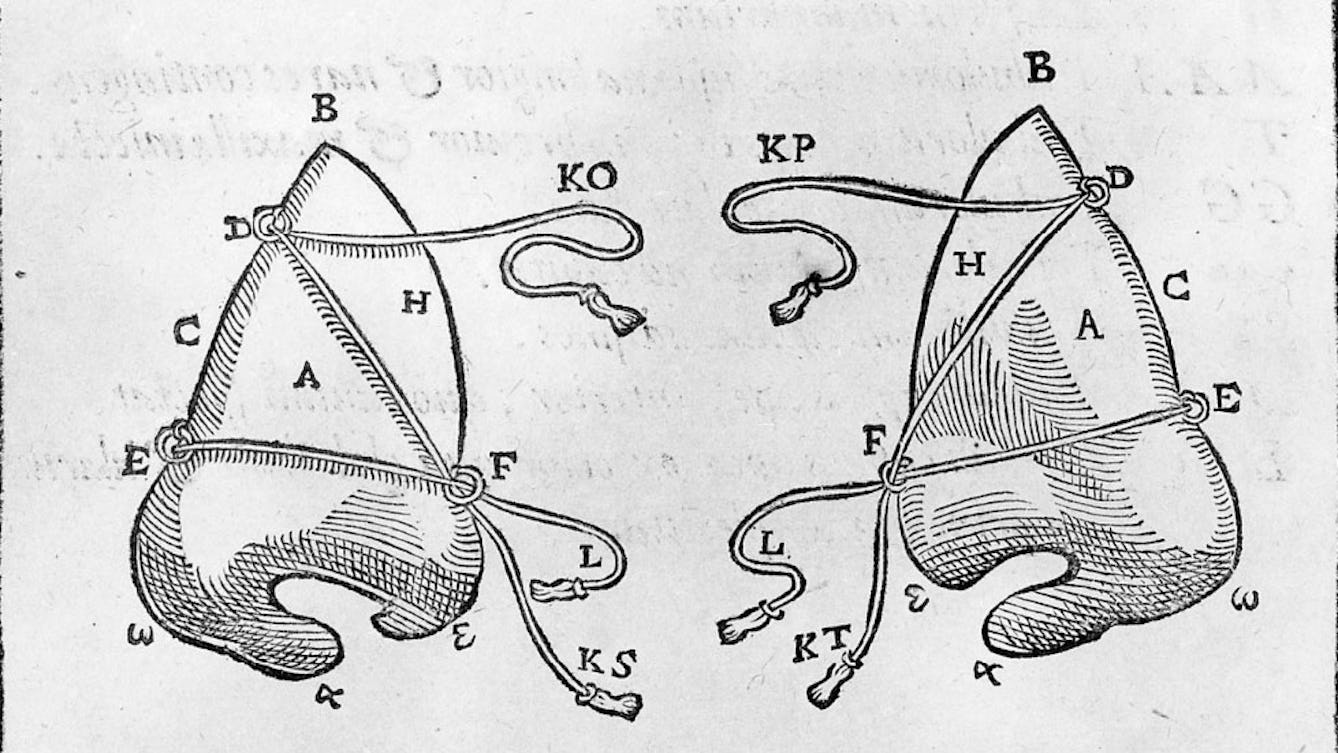
- Book extract
- Book extract
My important, ridiculous nose
The nose is a much-maligned appendage, but it’s a powerful organ capable of invoking powerful emotions from past memories and sexual attraction.
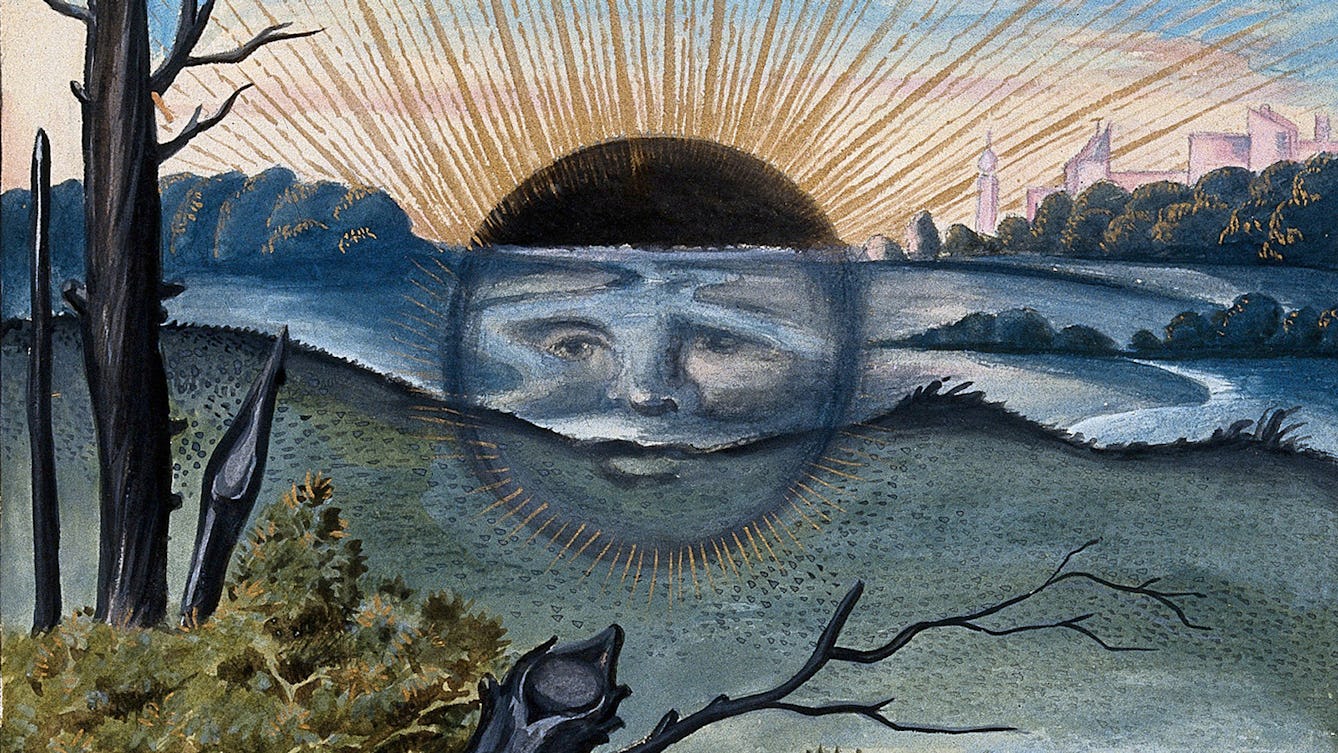
- Book extract
- Book extract
Winter blues and the story of SAD
In ‘Chasing the Sun‘ Linda Geddes reveals why for some people, winter is literally depressing, showing how we first came to recognise seasonal affective disorder (SAD).

- Article
- Article
Would you like to buy a unicorn?
The story behind why somebody tried to sell Henry Wellcome a unicorn head in 1928.

- Article
- Article
In search of the ‘nature cure’
Under the competing pressures of modern life, many of us succumb to mental ill health. Samantha Walton explores why so-called ‘nature cures’ don’t help, and how the living world can actually help us.

- Article
- Article
Searching for a place to call home
Wherever she’s lived, Tanya Perdikou has rarely felt at home, and numerous moves have perpetuated a sense of disconnection. But signs from nature offer powerful moments of connection.
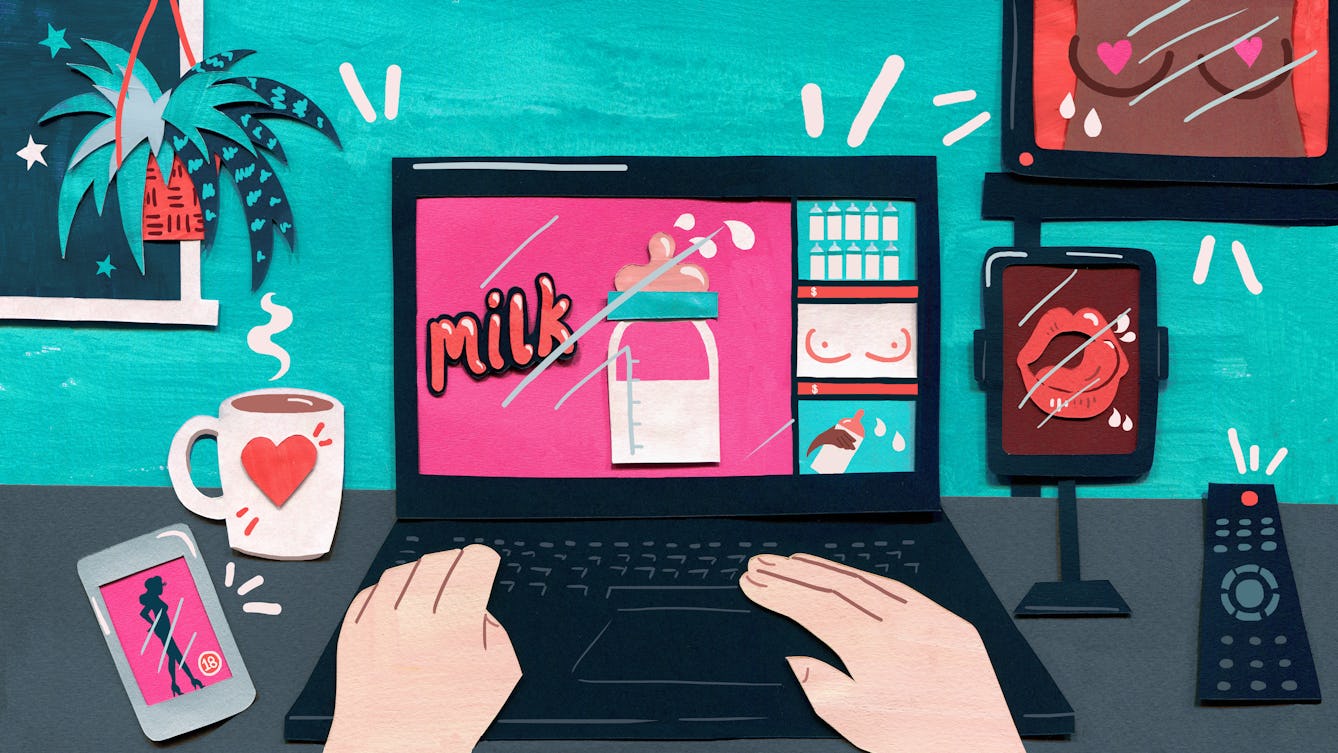
- Article
- Article
Trading breastmilk with men
When Alev Scott advertised her milk for sale, she was inundated with messages from men keen to satisfy sexual fetishes. Here she finds out who they are, and why women sell to them.

- Article
- Article
Why we need to decolonise the skies
Astronomer Dr Tana Joseph explores how rethinking way we look at the stars could improve our relationship with our own planet and make it a healthier place to live.

- Article
- Article
How can we prevent violence?
Evidence shows that strategies to prevent some types of violence can be very effective, while other, less well-acknowledged forms continue unabated. But hope can still guide us into a more peaceful future.

- Article
- Article
What is violence?
Criminologist Laura Bui explores her early understanding of violence and outlines its definition and wider consequences.

- Article
- Article
Providing care across languages
When medics are taught in English but their patients speak other languages, effective communication becomes fraught. Niyoshi Shah explores the linguistic gaps between patient and doctor.

- Article
- Article
The unexpected parallels between Buffy the Vampire Slayer and Wellcome Collection
With the news of a sequel in development, Russell Dornan explores parallels between ‘Buffy the Vampire Slayer’ and Wellcome Collection.
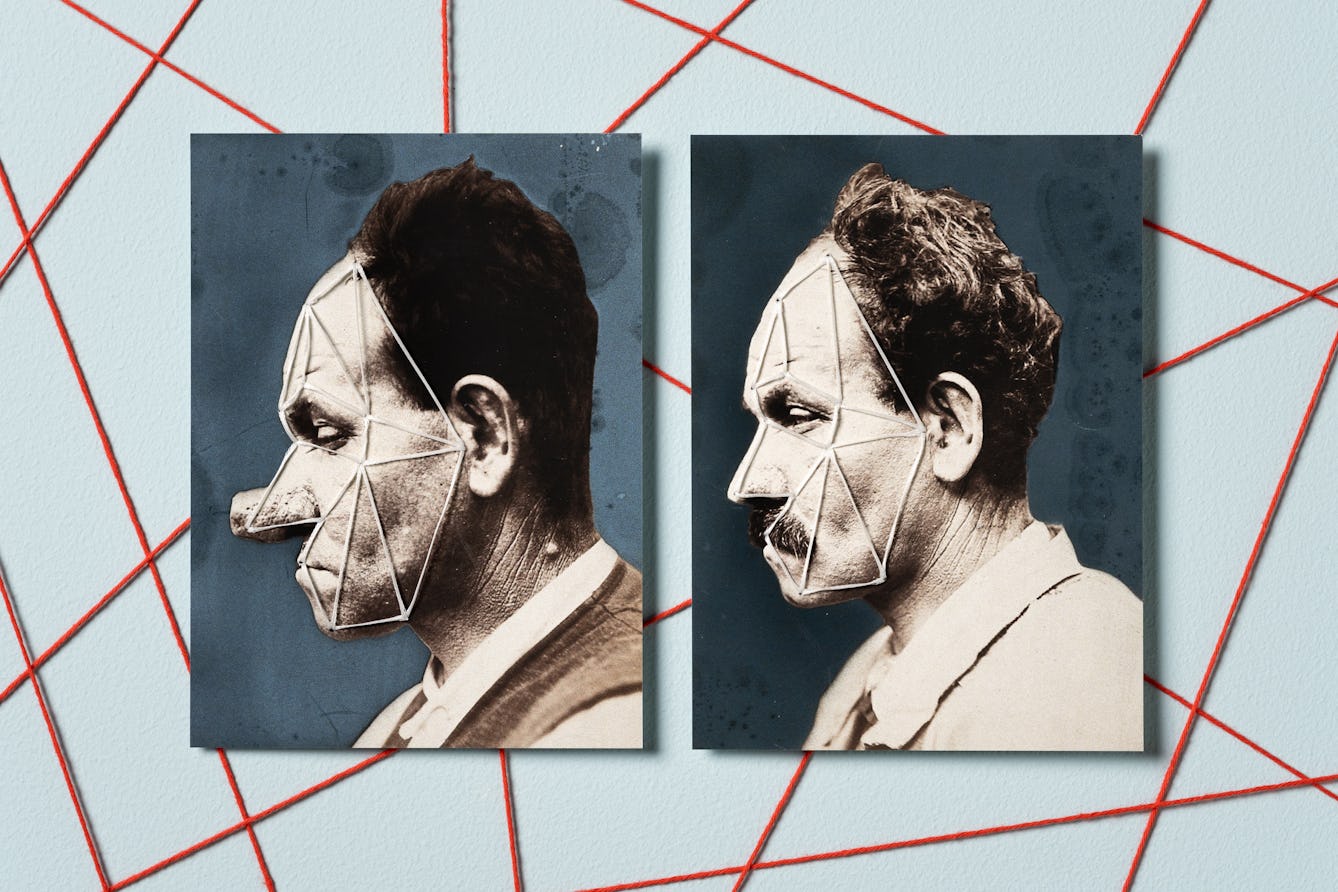
- Article
- Article
Why even plastic surgery can’t hide you from facial recognition
Once upon a time, plastic surgery allowed a few notorious criminals to evade the law. But today, sophisticated facial-recognition technology has turned dreams of anonymity to dust.
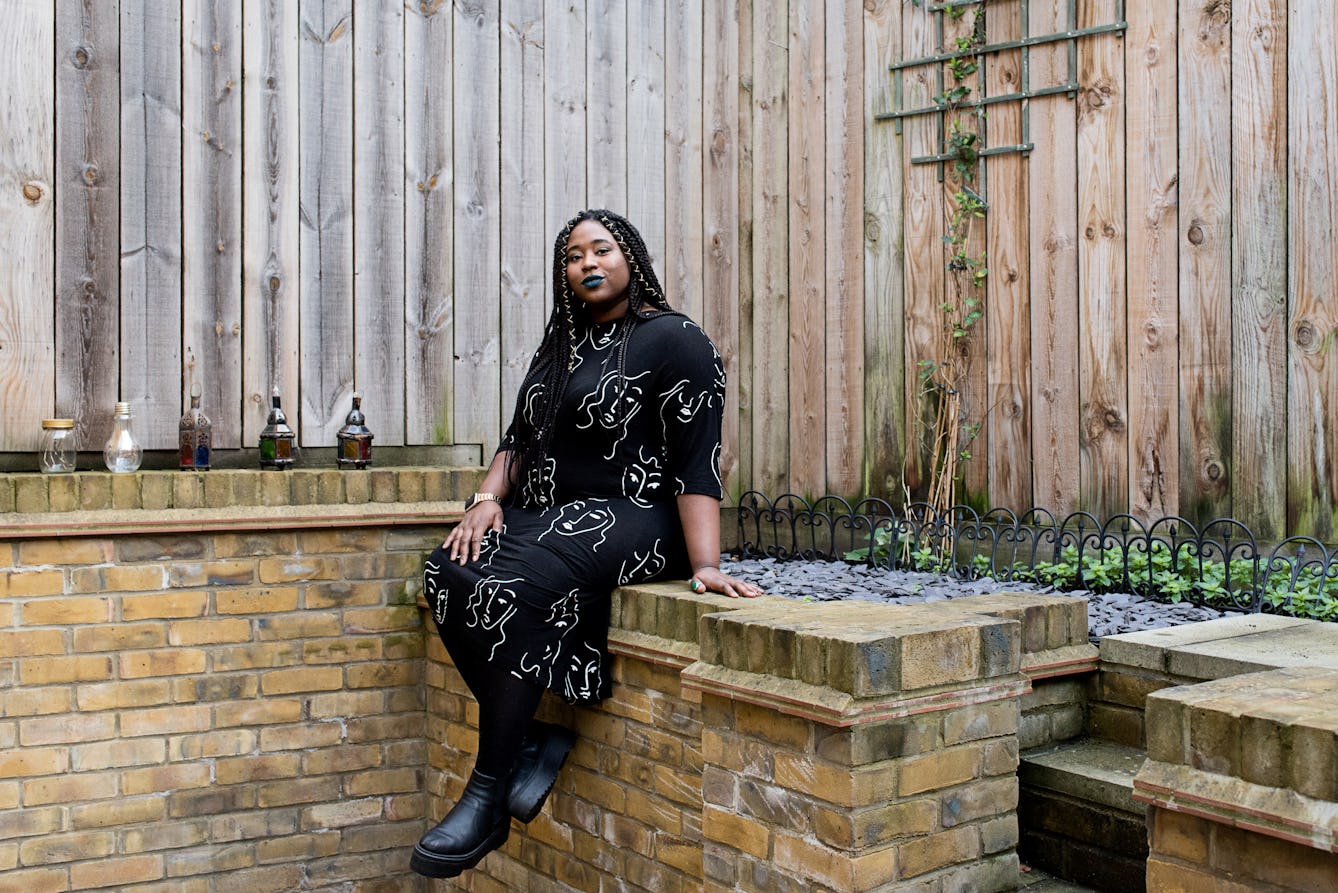
- Article
- Article
How the mental health system fails Black people
Accessing mental healthcare as a Black woman can be a challenging experience. Rianna Walcott shares her story, alongside those of three other women, to reveal the barriers she faced.

- Article
- Article
Going viral in the online anti-vaccine wars
‘Anti-vaxxers’ are taking their message online using powerful images as well as words. But is the pro campaigners’ response any better?